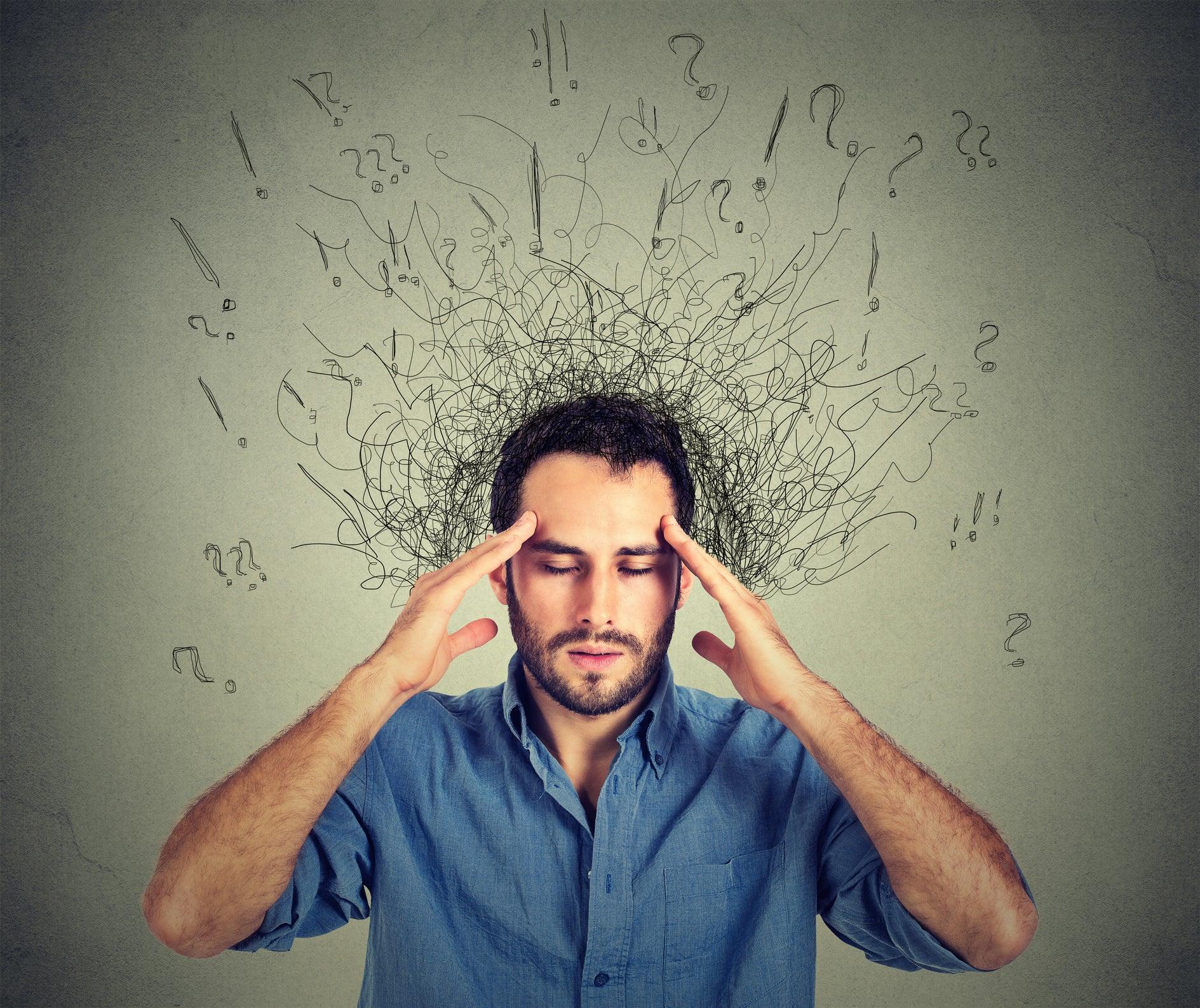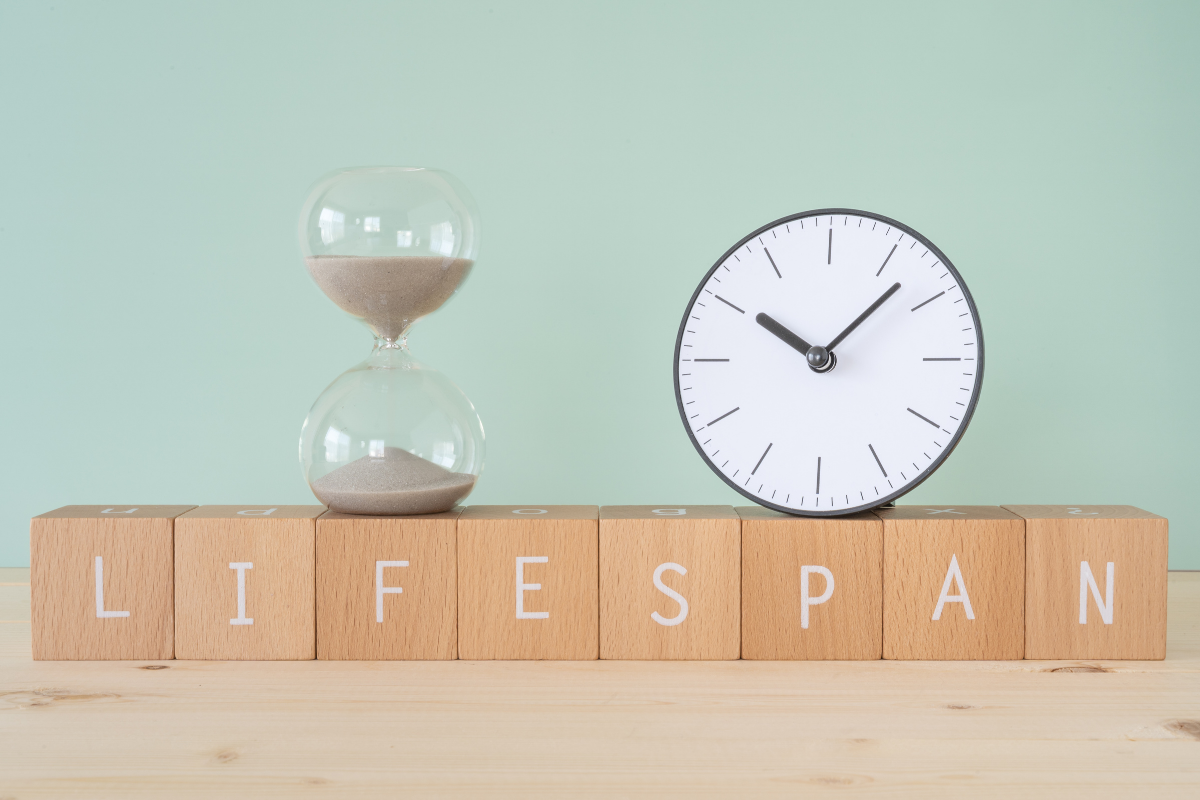It happens to the best of us: one minute you're in the zone, but the next, you're frazzled, frustrated, and struggling to focus on the task at hand.
Whether it's an important work project, studying for a test, or simply trying to have a conversation with someone, we've all experienced the negative effects of a short attention span.
But did you know it's not your fault? If you have trouble focusing, it could be because we live in "an attentional pathogenic culture", according to Professor Joel Nigg. The modern world is designed to steal your attention, and that's eroding our cognitive performance.
Your brain is not used to processing the sheer volume of information pollution it is bombarded with on a daily basis. If anything, our brains are learning to be in a constant state of being easily distracted. For some people, this can cause lost productivity, stress, and frustration - and it can lead to problems in personal relationships.
So what causes trouble focusing?
There's a reason it's so hard to focus these days. Consider all the things vying for our attention: digital devices, constant notifications, and an always-on culture. Then there are our own thoughts and feelings, which can be just as distracting. It's no wonder that many of us have trouble staying on task.
But it's not just our surroundings that make it hard to focus. There's also a science behind our struggles. For one thing, the human brain wasn't designed to handle the demands of modern life.
There is a lot of scientific evidence to suggest that our brains evolved to handle small amounts of information at a time. Our ancestors spent most of their time in what's known as "the zone of proximal development," or the sweet spot between boredom and anxiety where we're optimally engaged. But today, we're constantly bombarded with stimulus, making it harder to stay in that sweet spot.
In part, is because our brains are instinctively wired for distraction. The human brain is always looking for new input and information. This is known as the "explorer trait". It's an evolutionary adaptation that helped our ancestors survive in a constantly changing world.
But nature could never have anticipated today's fast-paced, constantly-connected world. We're constantly checking our phones and refreshing our news feeds. We have all of humankind's collective knowledge at our fingertips (numb from scrolling). It's too much.

Neurological and psychological causes of distraction
It's not just the external world that distracts us, though. Our own thoughts and feelings can be just as distracting. Worry, anxiety, and stress are all common mental health problems that can make it hard to focus.
And for some people, these issues are other symptoms of more serious underlying issues that are exacerbated by the modern distractions.
Stress
Whether it's work-related stress or personal worries, feeling anxious can make it difficult to focus on anything else. When we're stressed, our body releases the hormone cortisol, which has been shown to impair cognitive function and reduce our ability to pay attention.
Again, this mechanism was useful to our ancestors. But the increase in heart rate and blood pressure can make it hard to think clearly. Stress hormones like cortisol and adrenaline prepare us for "fight or flight". In today's fast-paced world, we often find ourselves in situations where we can't fight or flee.
We may also startle more easily, which can further contribute to feelings of stress and anxiety. This can easily become chronic stress, which can have serious consequences on our health.
Stress can also lead to disruptions in our normal routines, which can further add to our cognitive difficulties. It can cause us to worry about things that are unrelated to the task at hand, making it difficult to focus on what we need to do.
Lack of sleep
It's no secret that getting a good night's sleep is essential for our overall health and well-being. You can read our previous articles on the importance of sleep here (and how to improve sleep quality here).
Studies have found that people who are sleep-deprived are more likely to experience attention and concentration problems. This is because sleep plays an important role in consolidating memories and helping our brain process information.
Yet according to the National Sleep Foundation, 60% of adults report having sleep troubles at least a few nights per week. This statistic isn't surprising when you consider how our lives have changed in recent years. We are bombarded with stimuli and our brains are working overtime to process it all. As a result, it's no wonder so many of us are losing sleep.
When we're tired, our brain has a harder time processing information, staying on task, and avoiding distractions. When's the last time you had a good night's rest?
What can we do to combat distraction?
While there is no one-size-fits-all solution for addressing attention span and focus issues, the latest research provides insight into potential causes and treatments. Regardless of the cause, trouble focusing can have a significant impact on an individual's life.
It can have a negative effect on university, work, and our personal relationships, and make it harder to succeed in life. But by understanding the science behind attention and focus, we can develop strategies for managing these modern challenges more effectively, practise self-discipline, and supply our brain with the tools and nutrients it needs to focus.
Over the next two parts of this three part series of articles, we'll help you to identify the top 5 attention span destroyers in your life. Then we'll talk about how you can rebuild – and protect – your attention span by using nootropics.
If you're struggling to stay on track, you're not alone. And it's not your fault. There are many factors at play that are beyond your control - from evolution to stress, environmental factors, and our 24/7 connectivity. But by biohacking our brains with natural nootropics, we can take back control, support our cognitive function, and get into the zone of a flow state more easily.
In the next article, we'll single out 5 culprits that are robbing you of your focus and attention. So stay tuned - and keep reading for more great resources!















